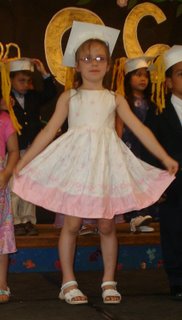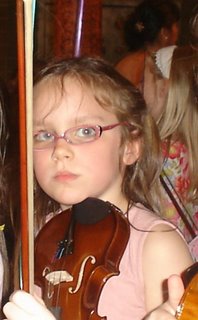Neuromarketing, Neurolearning, and a Warning
 Neuromarketing—the study of the brains response to advertising—is everywhere these days. Neuromarketers are as brash as to propose that there is a buy button in the brain. Of course the marketing is way out in front of the science, but that doesn’t mean that folks aren’t diving in—learning brain basics, sifting through brain research, and even conducting fMRI studies. Figuring out how the brain works just makes sense from a marketing perspective. One wishes that educators pursued neuroscience with the same vigor as their business brethren. Why not a quest to discover learning button in the brain? Why not a race between the learning button and the buy button folk? Why not a cognitive psychology requirement for pre-service teachers? Brain basics are essential to determining the merits of brain-based learning. In fact, anything with the prefix neuro should come with the warning “consumer beware”. Deena Skolnick a graduate student at Yale, conducted a study that asked her subjects to judge different explanation of psychological phenomena. She found that including a few sentences of neuroscience was all that was needed to make bad explanations look like good ones in the eyes of experts and novices. The message is clear, the next time you see neuro attached, beware of seduction and manipulation. The best defense against manipulation is to realize the limits of neuroscience by studying the brain yourself. A good place to start is the Society for Neuroscience. You can get a free copy of Brain Facts there and jumpstart your knowledge of neuroscience today. |







